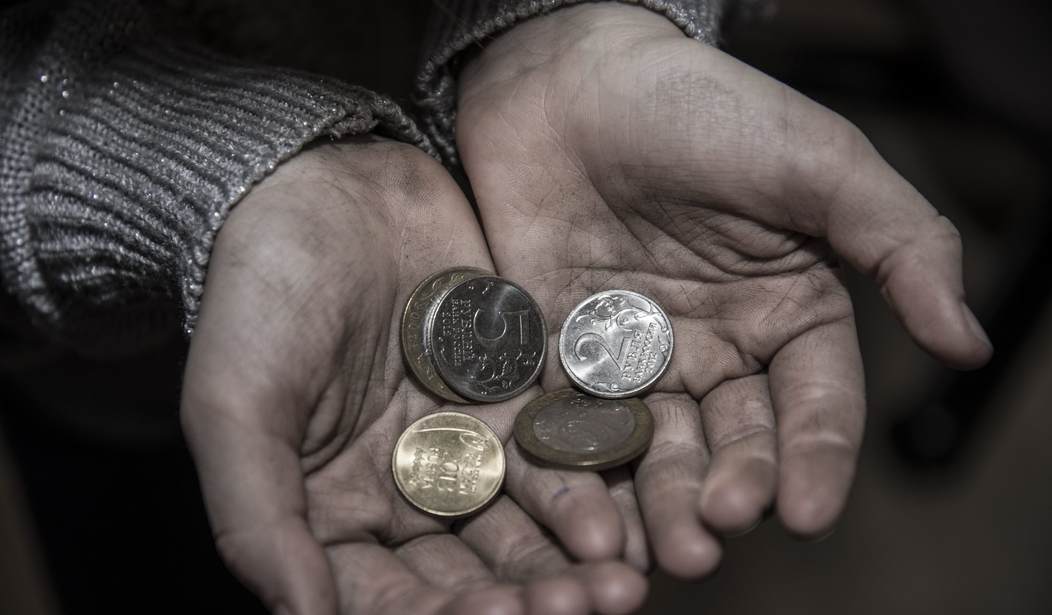The Bible contains numerous examples of passages that seem to contradict each other, some of them quite directly. One of my favorite contradictions involves a verse from today’s common Gospel reading, in this case Matthew 5:16: “Let your light shine before others, so that they may see your good works and give glory to your Father in heaven.” This seems to contradict the later Matthew passage of Chapter 6, verses 3 and 4: “But when you give to the needy, do not let your left hand know what your right hand is doing, so that your giving may be in secret.”
The latter passage comes in the midst of a whole series of exhortations to not “trumpet” one’s own goodness and righteousness, or as the chapter explains in verse 1: “Beware of practicing your righteousness before other people in order to be seen by them.”
But if one is not supposed to make an example of one’s own good works, how is one supposed to let others see one’s good works as a means of giving glory to God? Which is it: 1) Showcase goodness in order to encourage other goodness and bring people to appreciate the even greater goodness of God? Or 2) hide one’s own good deeds so as to make sure that the motive for the deed is pure, that of doing the deed for the deed’s sake and not for one’s reputation among others?
I’ve heard each passage cited, quite vociferously, by different people, apparently unaware that the other passage exists, in the course of those people insisting either that charity and kindness should be broadcast or that they should be anonymous.
I believe, though, that the two passages can be reconciled. A close attention to context, and to motive, helps resolve the apparent discrepancy.
When discussing the need to hide one’s own alms, Jesus is talking specifically about those who are in the position to benefit from public knowledge of their “generosity.” He also is specifically talking about “hypocrites” who make a show of their beneficence in public while being far from kind or good in private, or who give primarily in order that they may be publicly credited rather than out of any real desire to do good. (One thinks of billionaires today who create foundations and then fail actually to donate a dime of their own money to those foundations, for example.) He is saying that nobody should give in order for the credit, and also that nobody should take credit for the giving. The charity is a human and spiritual obligation, an expectation, not a matter for self-aggrandizement.
On the other hand, when Jesus advises us to let our light shine before men, he is saying that it is a good idea to publicize the gift — but not necessarily the giver. The point of publicizing the gift or the kindness is in order that others may be inspired to do the same, in order (partly) that the cause benefited by the gift or deed might better be served.
The second point of publicizing the gift is to bring attention to the very notion of great goodness, because attention on goodness can only lead to attention on the One who gives us all our blessings, namely God. If one publicizes the idea of the gift specifically in order to “give glory to your Father in heaven,” then both the attention and the motive will be rightly ordered.
The combined lesson, then, is to do as many good things, give as much to charity, act with as many kindnesses, as one possibly can — and, depending on the circumstances, to do so either in total anonymity when possible, or as showily as possible when necessary not for one’s own sake but for the sake of the cause itself.
Either way, the goal is to help others and glorify God — not to make others think well of oneself.
The lamp, the bushel basket, and both left and right hands all have appropriate roles to play in spreading the spirit and love of God. Use them all wisely and well, and watch the love and joy spread throughout the world.
Quin Hillyer is a veteran conservative columnist. He has an undergraduate degree in Theology from Georgetown University and has served for years in various forms of ecumenical lay leadership.









Join the conversation as a VIP Member